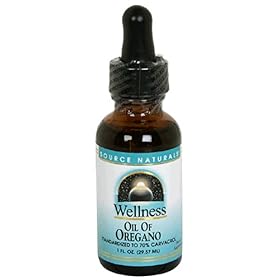I went to Julie Powell‘s book signing earlier tonight at the Tattered Cover to hear her read and discuss her new book, Cleaving: A Story of Marriage, Meat, and Obsession.
As with her first book, Julie and Julia, I was impressed with her raw honesty and dedication to pursuing sometimes distasteful activities. I loved Julie and Julia — parts made me laugh out loud. The movie was fun, too.
I loved Julie and Julia — parts made me laugh out loud. The movie was fun, too.
In this memoir, she undertakes a 6-month internship in a butcher shop in upstate New York. Honestly, I personally can’t think of many things I’d rather do less than be elbow-deep in dead flesh with sharp knives day in and day out. Turns out Julie had many different reasons for wanting to learn butchery, which we’ll learn about in her new book.
Julie read a few intriguing passages to the crowd. In one of them, she details the first time she nicked her hand while carving a huge piece of meat. The owner of the butcher shop had her wash up and then apply oregano oil to the cut.
intriguing passages to the crowd. In one of them, she details the first time she nicked her hand while carving a huge piece of meat. The owner of the butcher shop had her wash up and then apply oregano oil to the cut.
“There’s a lot of bacteria around when you’re working with raw meat,” Julie commented, in what was surely a monumental understatement.
Oregano oil is a strong antiseptic, antiviral, antibacterial, antifungal, antiparasitic, and all around healing oil. It’s not the same as culinary oregano (it’s a different species of oregano) and should contain at least 70% of carvacol to be most effective.
It can be used internally for the treatment of treatment of colds, influenza, mild fevers, fungal infections, indigestion, stomach upsets, enteric parasites, and painful menstruation. Large amounts can be toxic so stick with only a few drops at a time. 1 to 4 drops once or twice a day in a drink is plenty.
I’ve also heard oregano oil can have healing powers when used topically and rubbed into sore muscles, skin irritations, eczema, and other ailments. Be sure to dilute it with 1 drop oregano oil to 1 tablespoon olive or coconut oil. Try rubbing it on your neck to stop headaches.
I have learned this about oregano oil before, but was grateful to be reminded again by Julie’s positive experience with it. Thanks for sharing, Julie! I’m looking forwad to reading the book!

